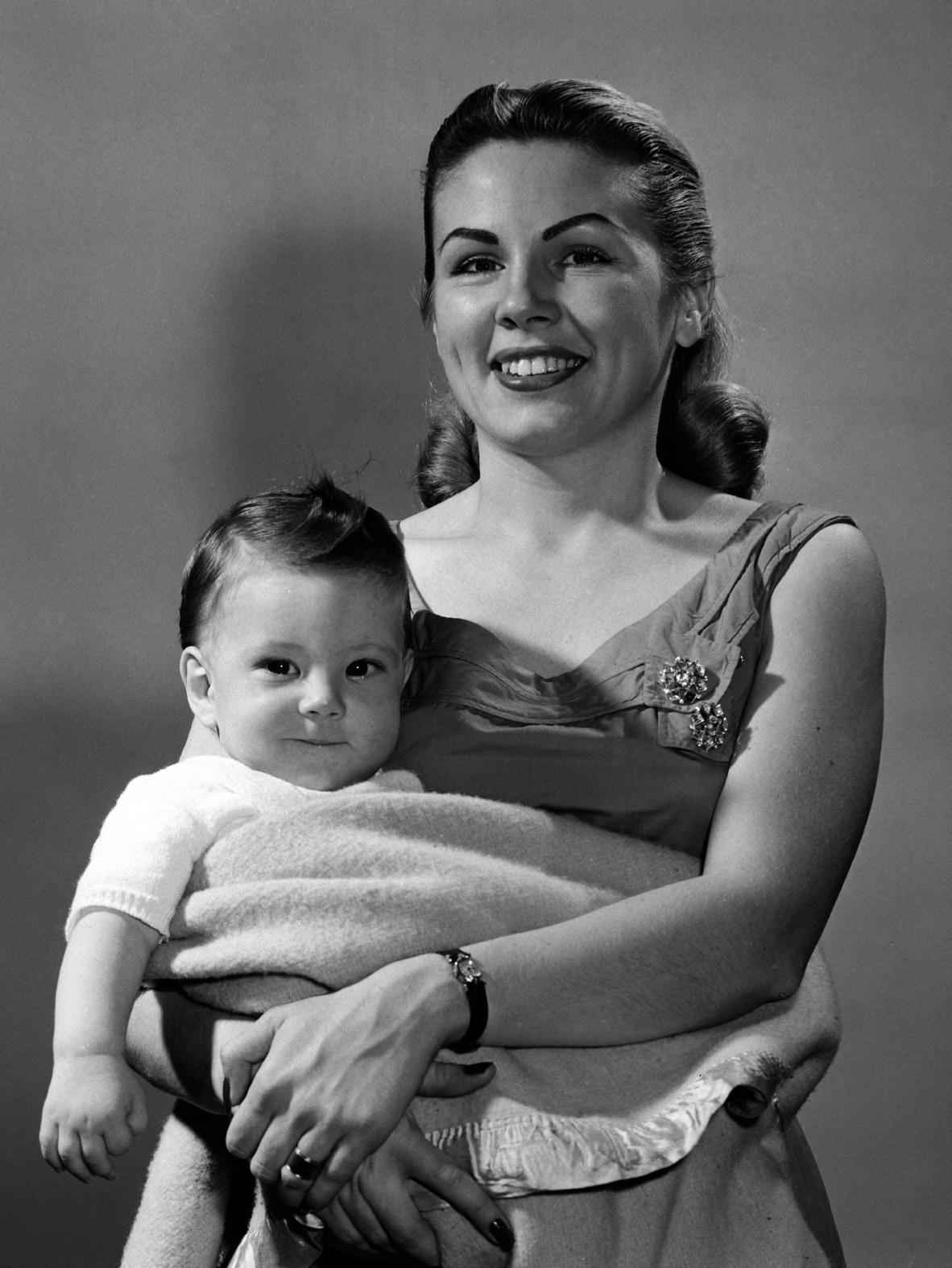
Psychological research before the Second World War suggested that separation between a child and his/her mother might have long-lasting effects. During this time, John Bowlby was working in London as a psychoanalyst in a child guidance clinic, where he treated many emotionally disturbed children. This provided him with the opportunity to observe, at first hand, the effects of separation on the children he treated. He formed the view that ‘habitual delinquency’ might be explained in terms of early prolonged separations between a child and his/her mother. This research formed the basis of his maternal deprivation hypothesis.
The report that Bowlby published is more than 50 pages long and mainly consists of individual case studies of each child. These children were patients at Bowlby’s clinic, and all had been referred to the child guidance clinic for emotional and/or behavioural problems. The general procedure at the clinic was that each child was first seen by a psychologist and given an IQ test. The psychologist also made notes on the child’s behaviour and emotional state. At the same time, a social worker interviewed the child’s mother and recorded preliminary details of the child’s early psychiatric history. Finally, both the psychologist and social worker reported to the psychiatrist (John Bowlby). The psychiatrist then interviewed the child and the mother.
Your organisation does not have access to this article.
Sign up today to give your students the edge they need to achieve their best grades with subject expertise
Subscribe




